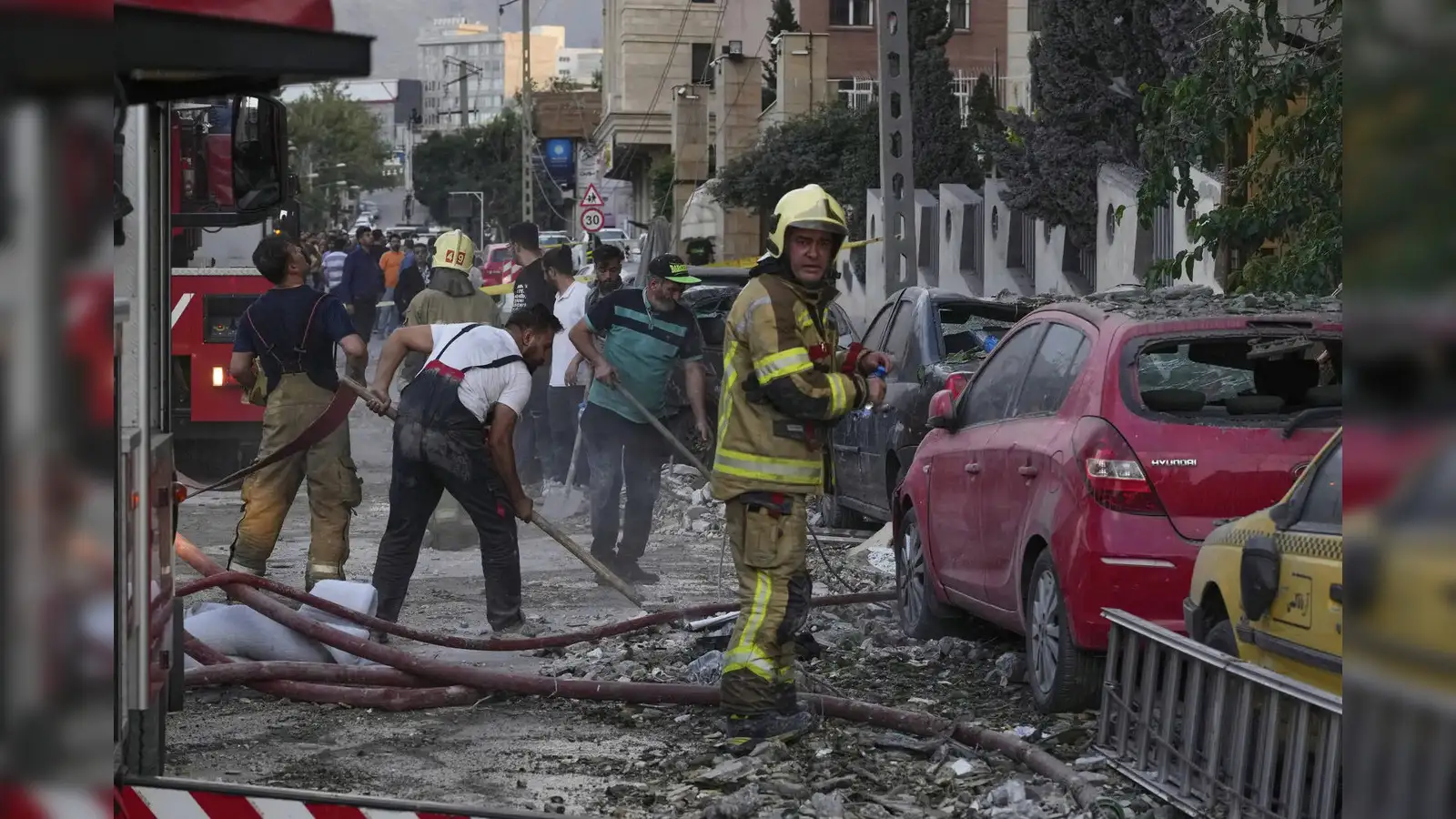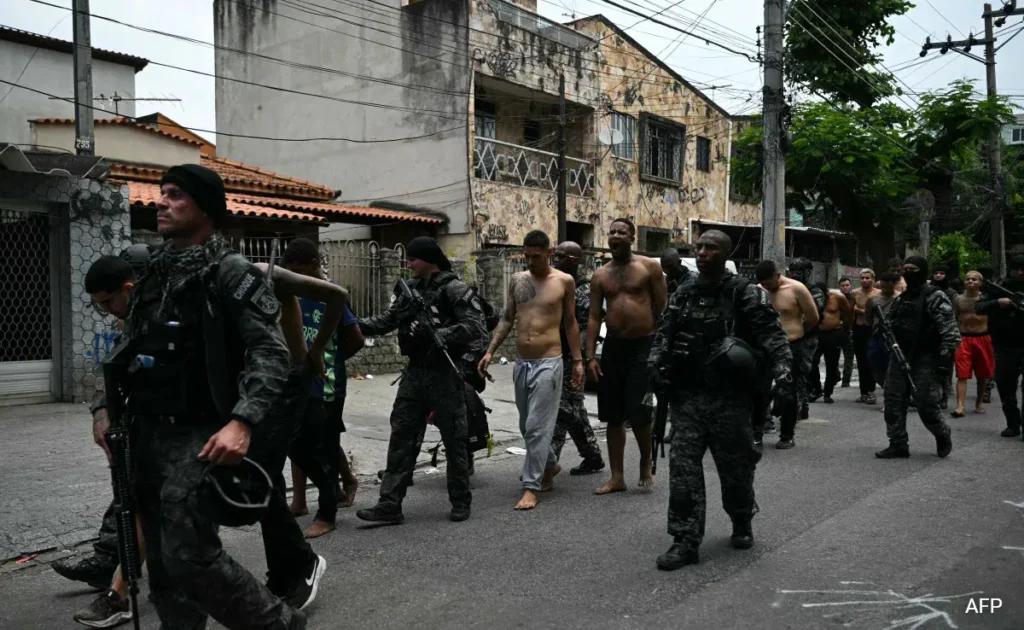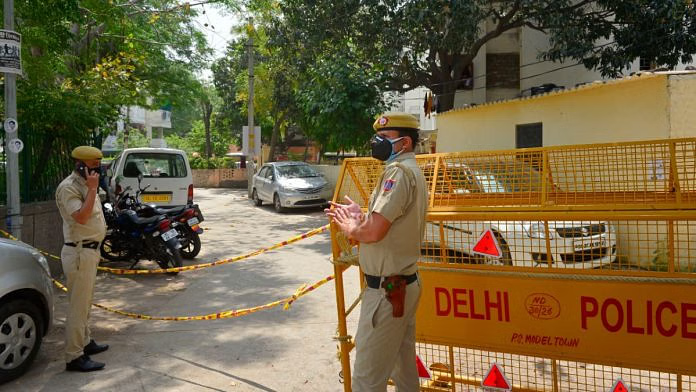Now Reading: Iran-Israel Tensions Escalate: What Israel’s Strike on Iran’s Nuclear Sites Means for the World
-
01
Iran-Israel Tensions Escalate: What Israel’s Strike on Iran’s Nuclear Sites Means for the World
Iran-Israel Tensions Escalate: What Israel’s Strike on Iran’s Nuclear Sites Means for the World

Tensions in West Asia have surged after Israel reportedly struck Iran’s nuclear facilities, a move that has raised global concerns. As nations watch closely, this military escalation could have far-reaching consequences — from oil prices to global trade routes. For countries like India, which depend heavily on West Asian stability, the ripple effects of such conflict are immediate and serious.
The Attack and Its Significance
Israel’s recent airstrike is believed to have targeted sensitive nuclear infrastructure in Iran. Though official details remain limited, defense analysts suggest this could be a strategic move to prevent Iran from advancing its nuclear capabilities, something Israel has long opposed.
This isn’t the first time such action has occurred, but the timing — amid growing regional instability — has made it a flashpoint for further conflict.
Iran’s Possible Response
Iran has condemned the attack and signaled it will respond decisively. With its allies in the region, any retaliation could trigger a wider military confrontation, especially involving groups like Hezbollah and militias in Syria or Iraq.
Experts fear the situation could quickly spiral into a broader war, disrupting not only West Asia but also regions with close economic and diplomatic ties.
Why It Matters to India and the World
For India, the stakes are high. A major portion of India’s crude oil comes from West Asia. Any disturbance in this region affects fuel prices back home, putting pressure on household budgets and transportation costs — especially in Tier 2 cities where public transit is still growing and petrol usage is high.
Additionally, thousands of Indian workers are based in the Gulf. Any escalation could threaten their safety and employment. There’s also the concern of trade delays, as routes passing through the Strait of Hormuz — a crucial chokepoint for global oil transport — may face blockades or threats.
Global Reactions and Diplomatic Efforts
Countries like the United States, Russia, and China are closely monitoring the situation. Global oil markets have already responded with a slight surge in prices, while the UN has called for restraint and dialogue.
India’s external affairs ministry has yet to issue a detailed statement but is expected to urge peace and ensure the safety of Indian nationals in the region.
Conclusion
The Israel-Iran conflict is not just a regional issue; it has global implications. From rising oil prices to potential economic fallout, the impact could be strongly felt in developing nations like India. As the world calls for diplomacy over destruction, the coming days will be crucial in determining whether calm or chaos prevails.

























